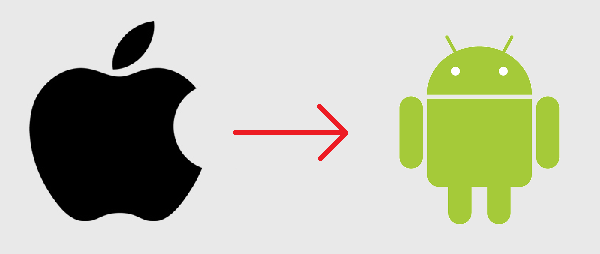 Ritchie Djamhur is a macchiato-addicted IT Buyer based in Sydney, Australia and also posts his thoughts on technology, music and anything else that keeps him up at night on www.ritchiesroom.com.
Ritchie Djamhur is a macchiato-addicted IT Buyer based in Sydney, Australia and also posts his thoughts on technology, music and anything else that keeps him up at night on www.ritchiesroom.com.
The iOS Family
My name’s Ritchie and I am a phoneaholic, of the smart variety. I’ll admit it, on most nights I have my smartphone safely tucked under my pillow, in case I stir restlessly out of sleep and feel compelled to check Facebook updates, Twitter messages and lists, LinkedIn news, or my WordPress stats. Sound familiar to any readers?
Up until recently, I had not strayed far from the iOS family. I have owned a few iterations of the iPhone, and have seen its evolution in hardware along with the massive growth of the app store. And for the most part, the iPhone has fulfilled my needs, and indeed surprised me with functions that I didn’t realise I could do with.
iTunes makes upgrading your phone terribly easy. When the next version of an iPhone is released, you simply back up your old phone, connect and register your new iPhone, and everything, including settings, email, photos, and messages will be loaded onto your fresh iPhone. That upgrade path makes it hard to break the cycle and look beyond the iPhone at alternatives that may in fact be better suited to your needs.
The iPhone 4 is a great smartphone, and it’s always been a reliable partner in my business and leisure life. The ability to print wirelessly, read books, take casual photos, use social networking apps with ease, play some great games during downtime and use Facetime to see my extended family at a moment’s notice have all made the iPhone highly regarded in my household.
There are a few things that have made my eyes wander of late, and I realised that unless I wanted to jailbreak my phone, there were a few things that I couldn’t do efficiently. For example, turning WiFi and bluetooth on/off, changing brightness or orientation settings take a fair few steps within the settings panel.
On the other hand, widgets are a standard feature on Android phones, so I could see a good reason to move across just because of that instant access to functions I wanted regularly. But could an Android phone match or exceed what the iPhone and its associated ecosystem has delivered to me over the years?













